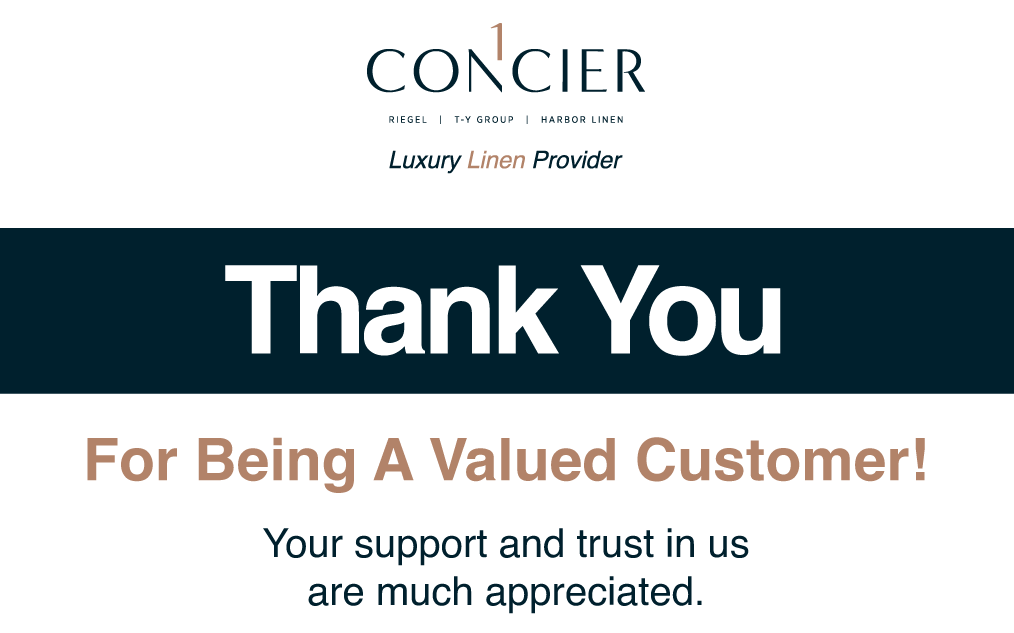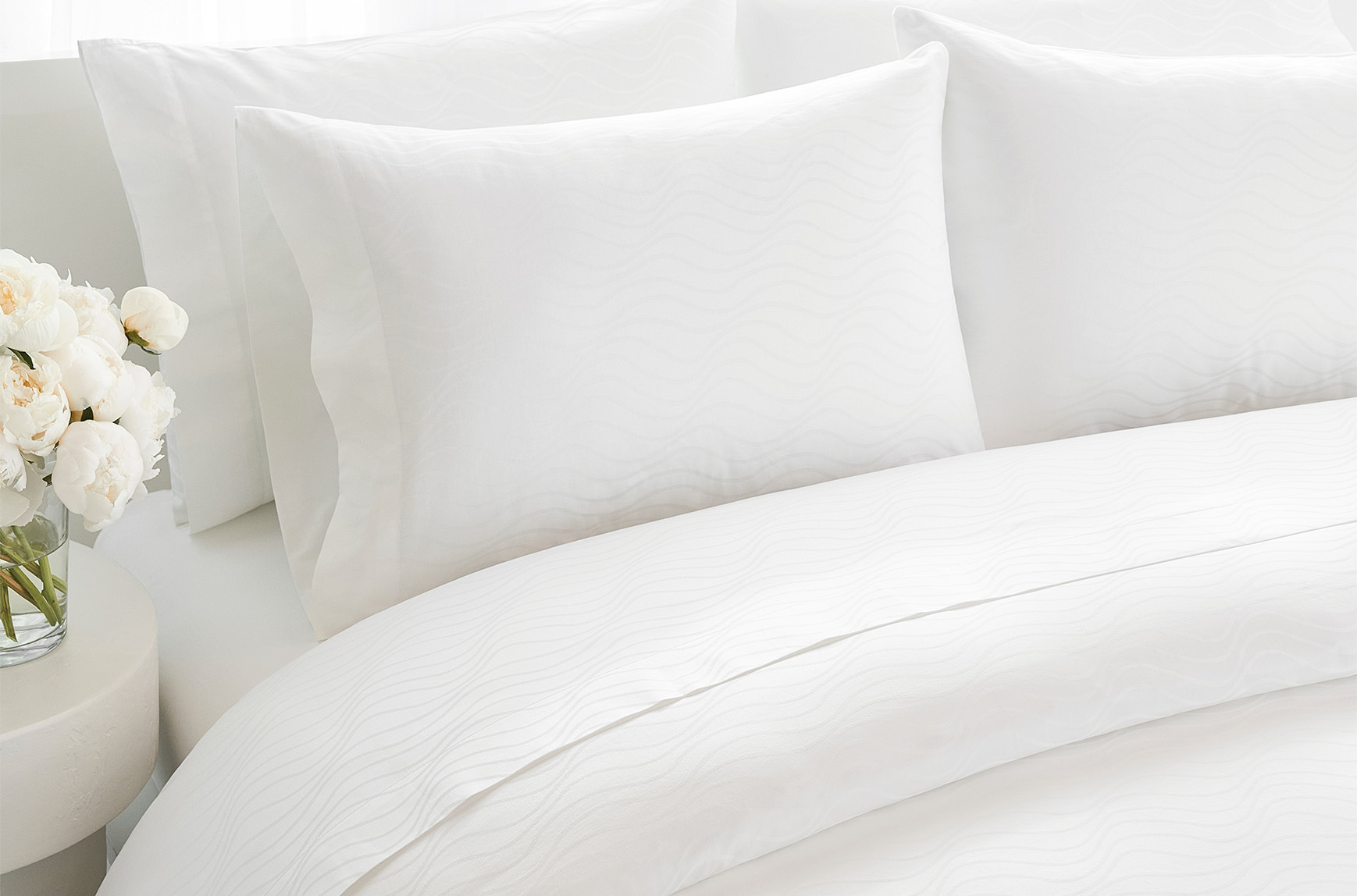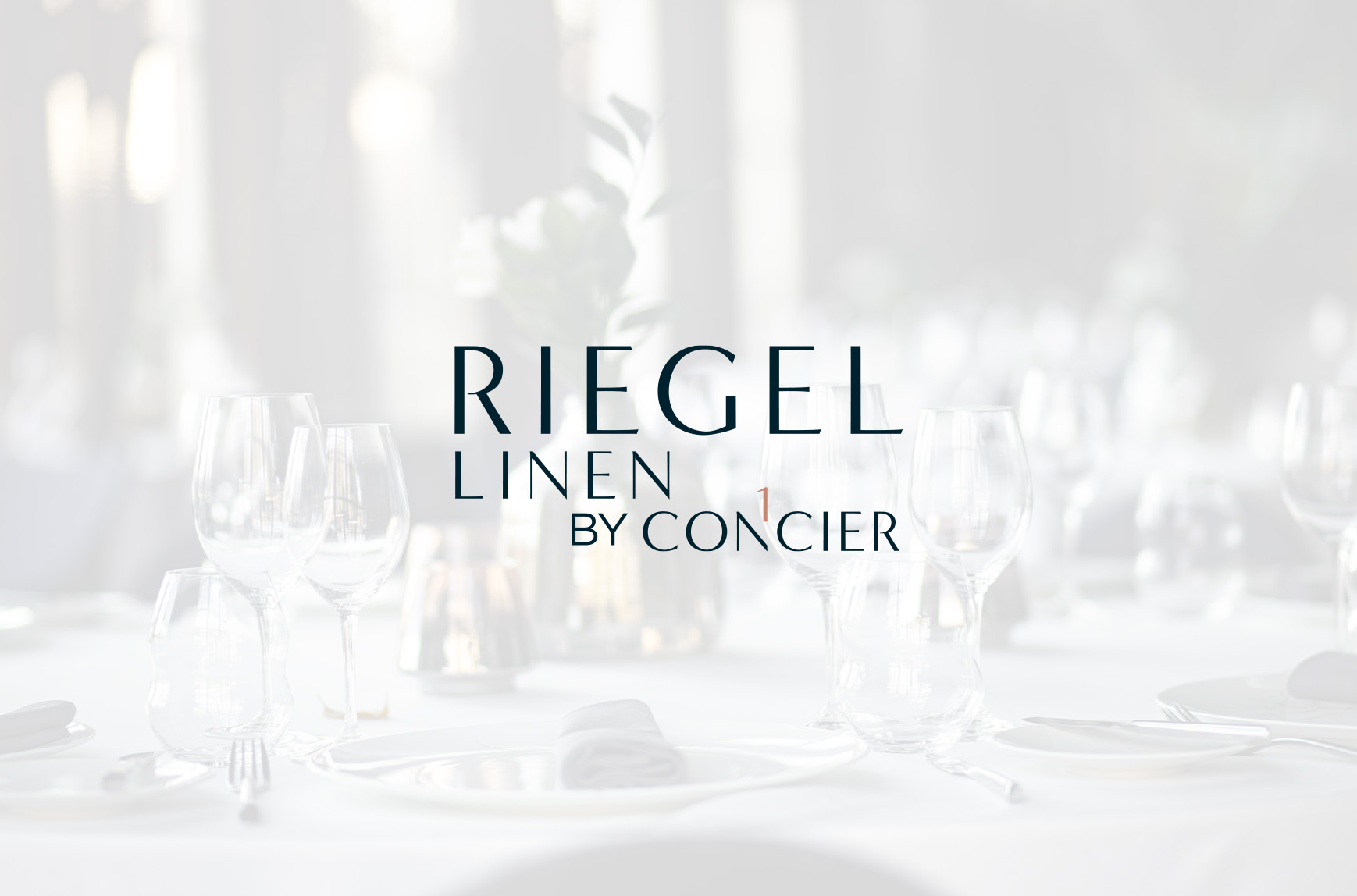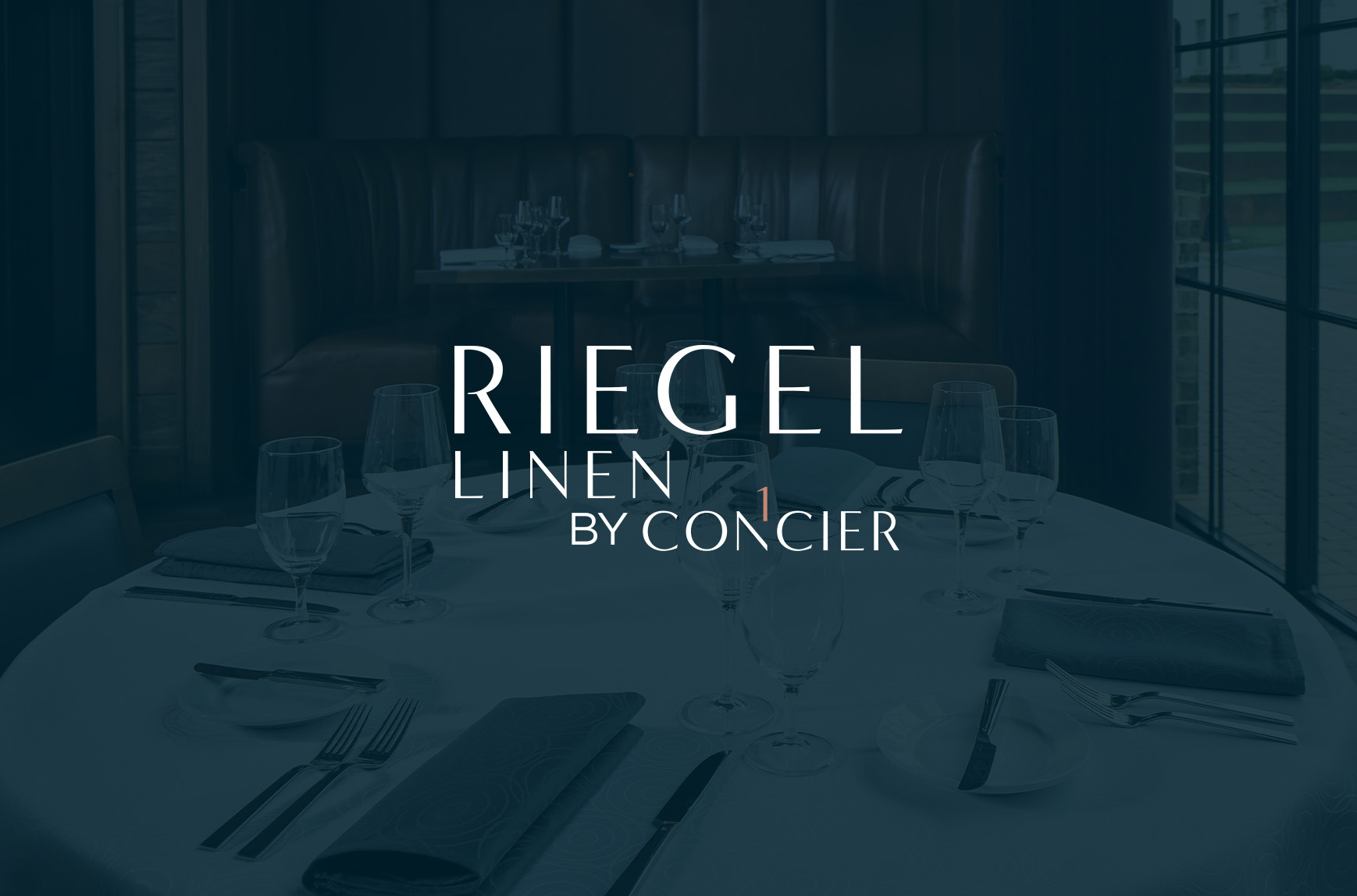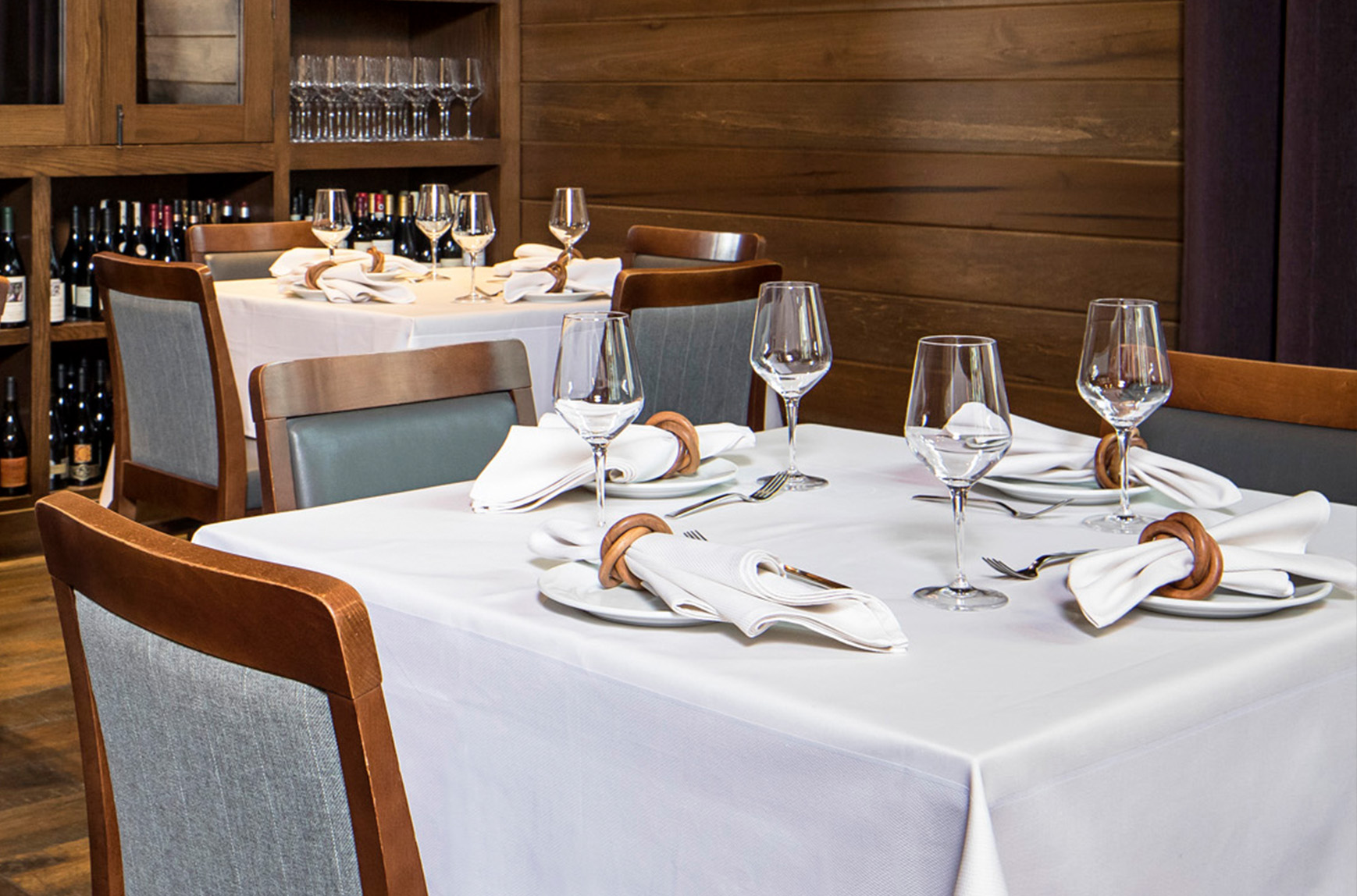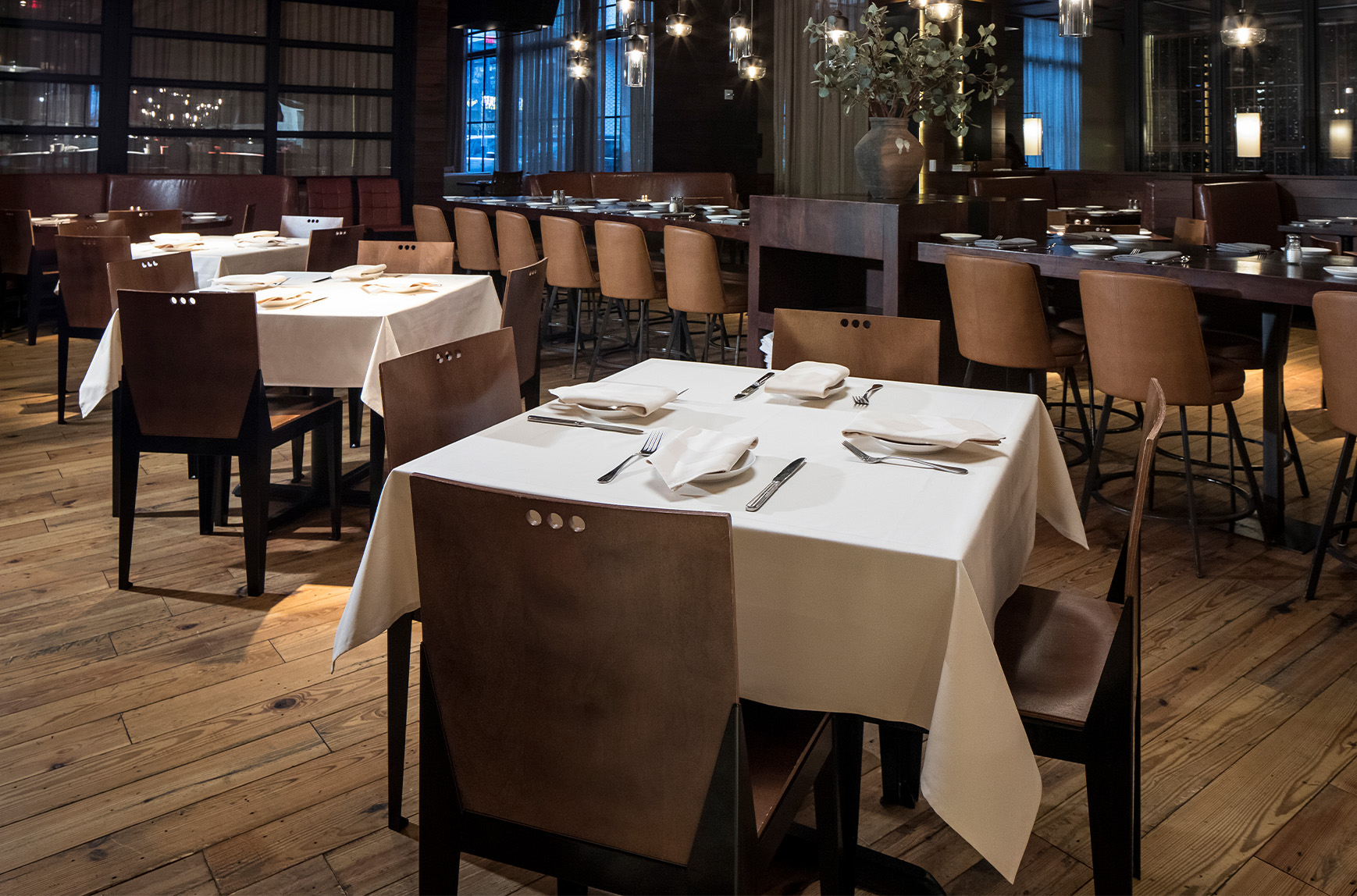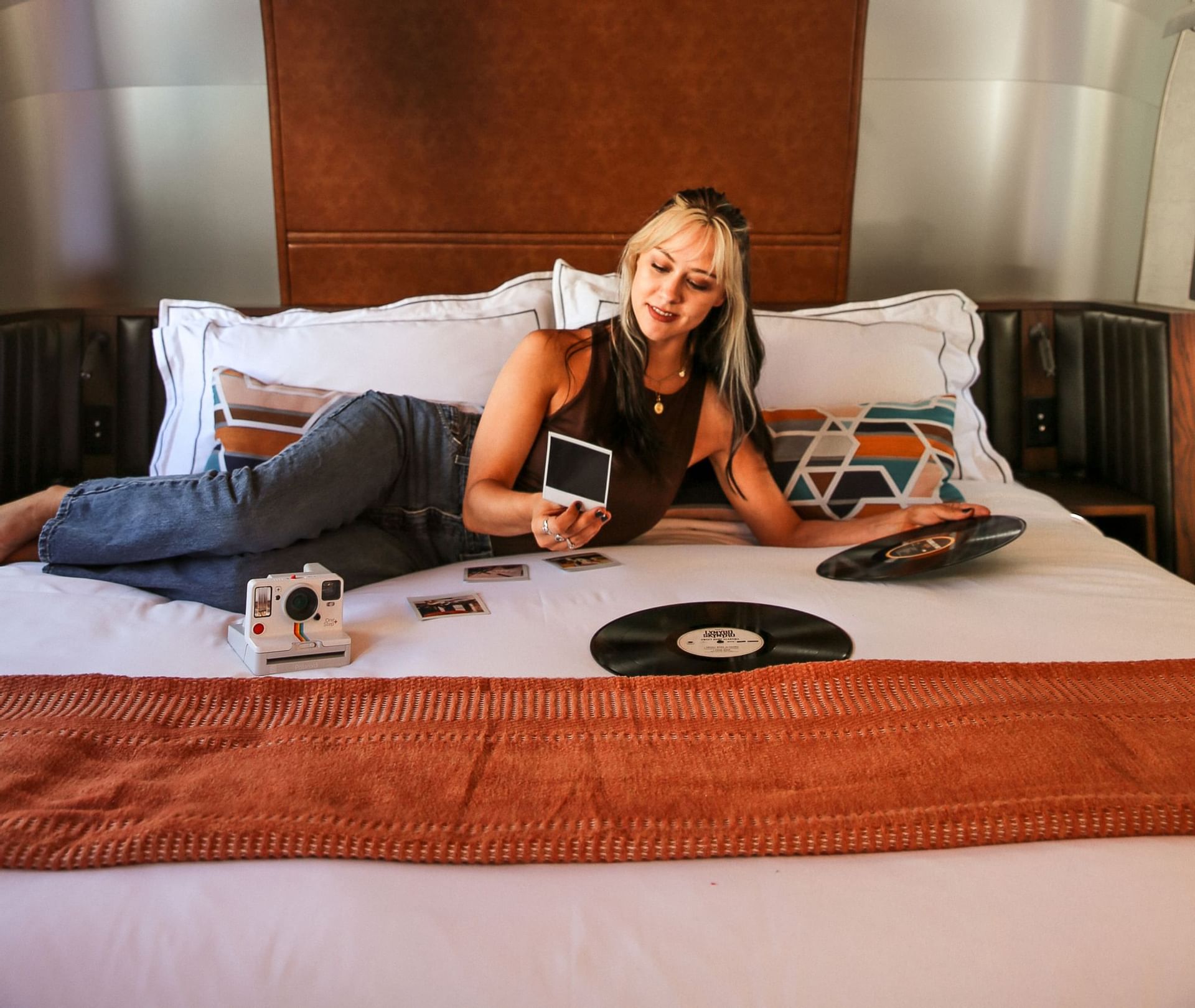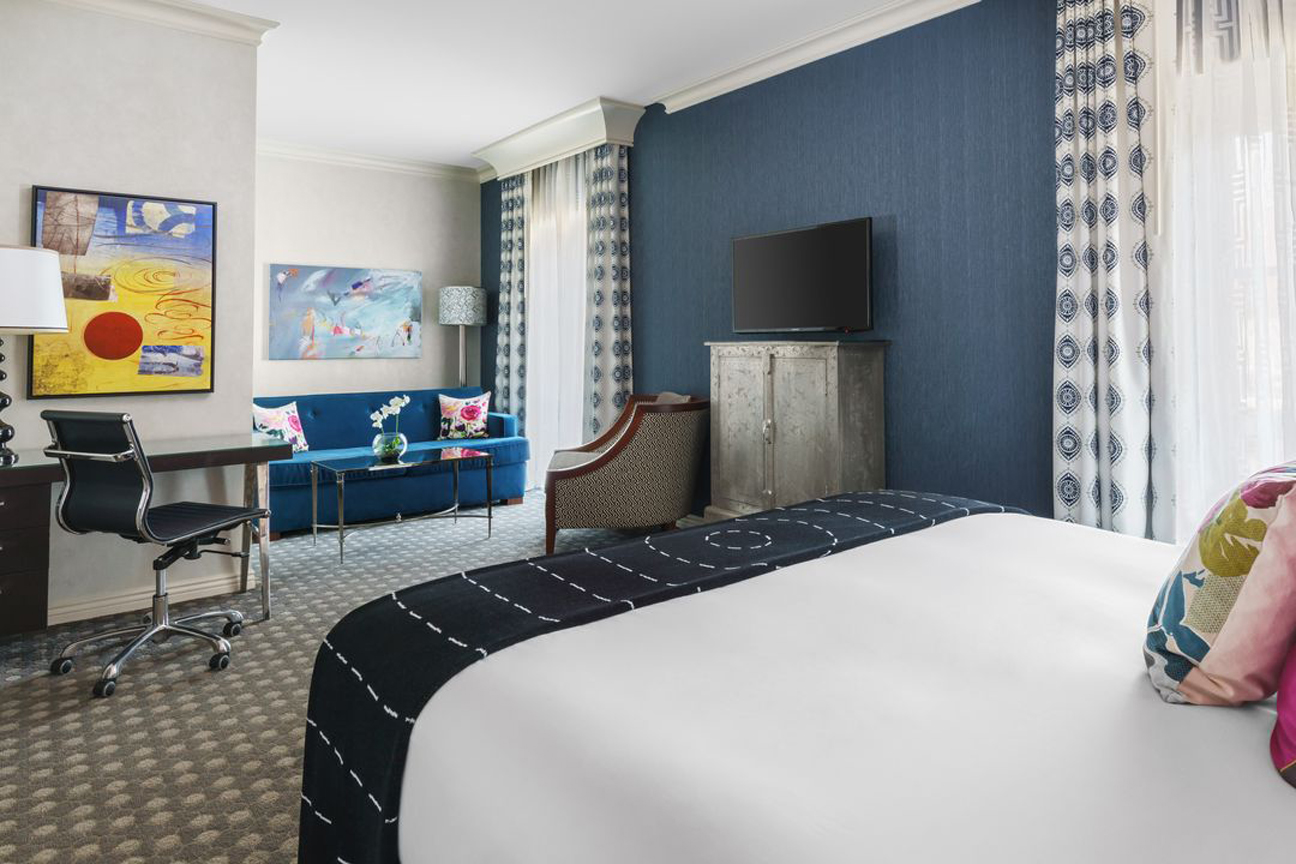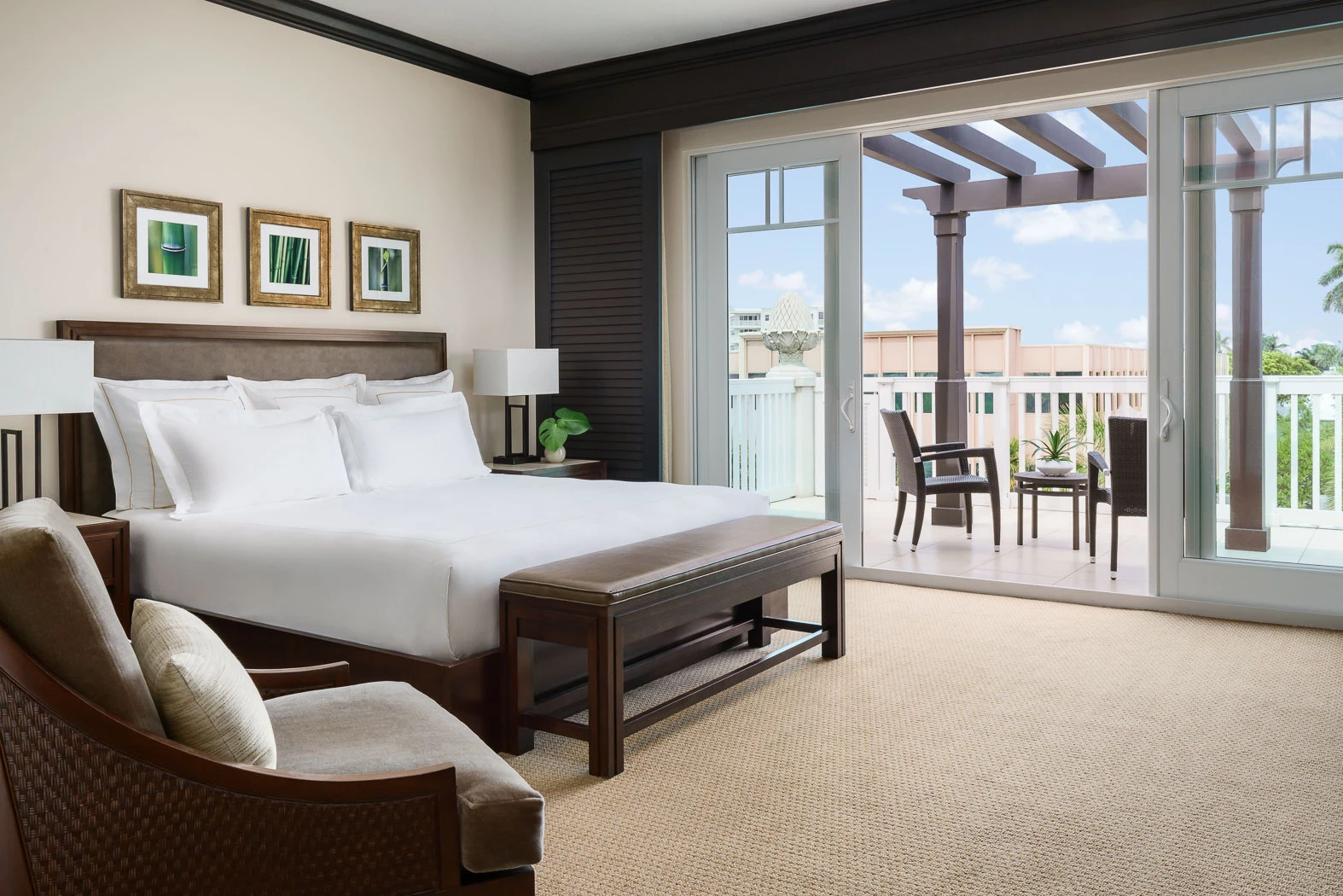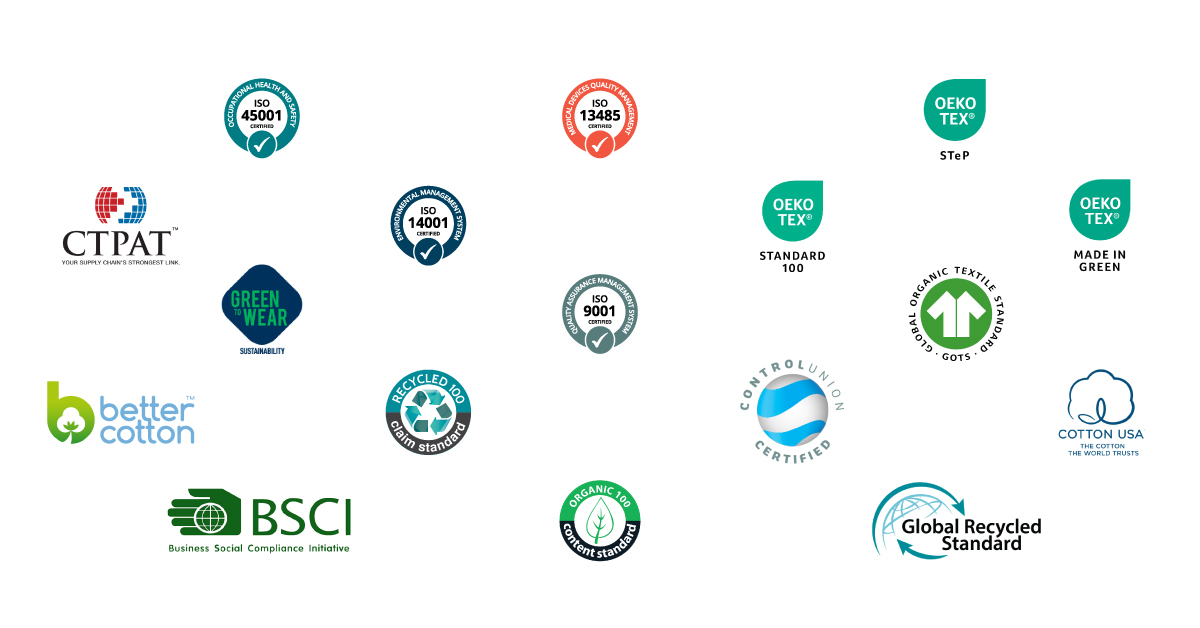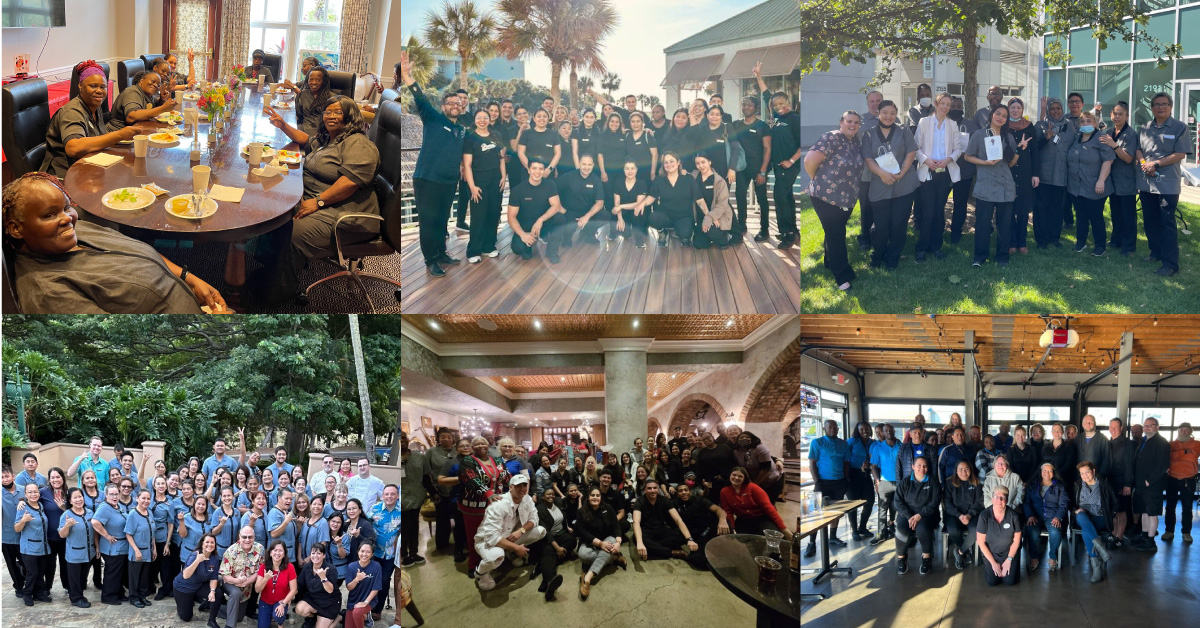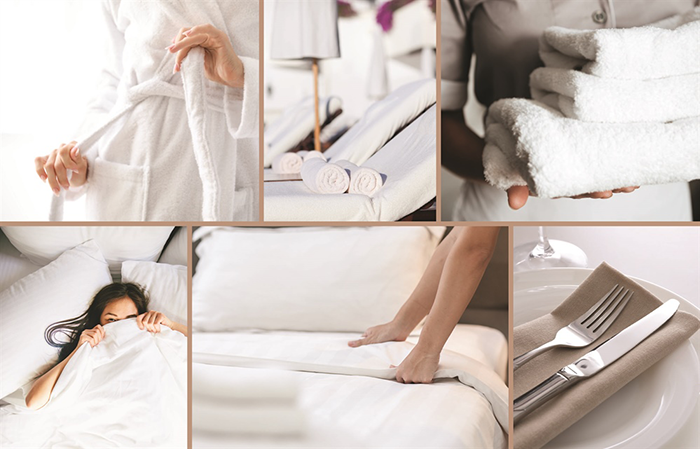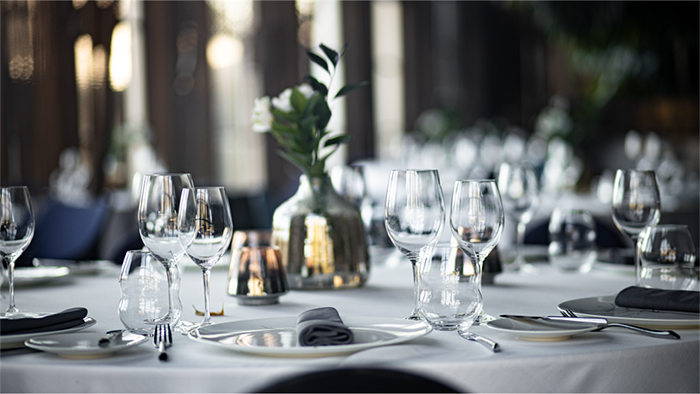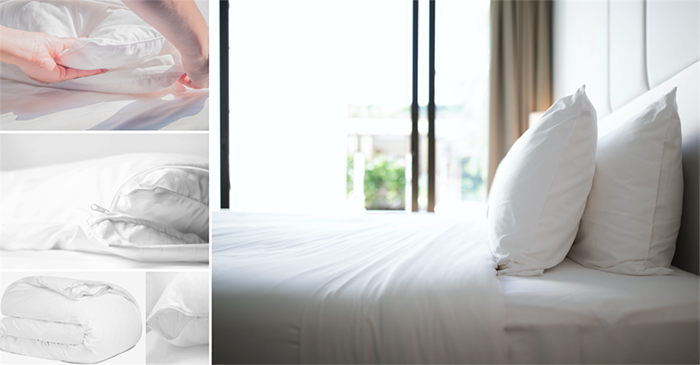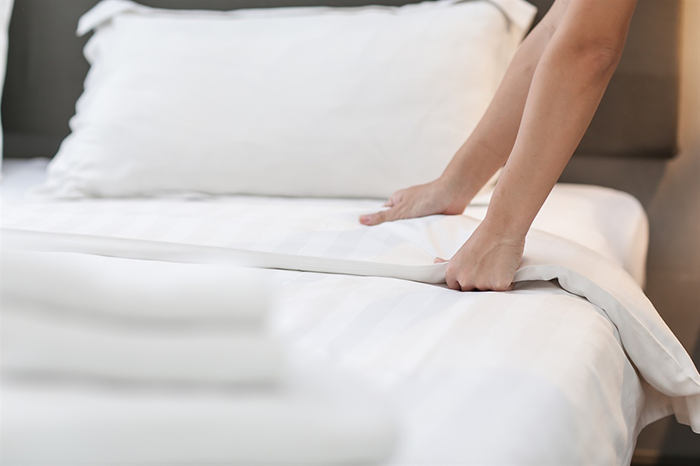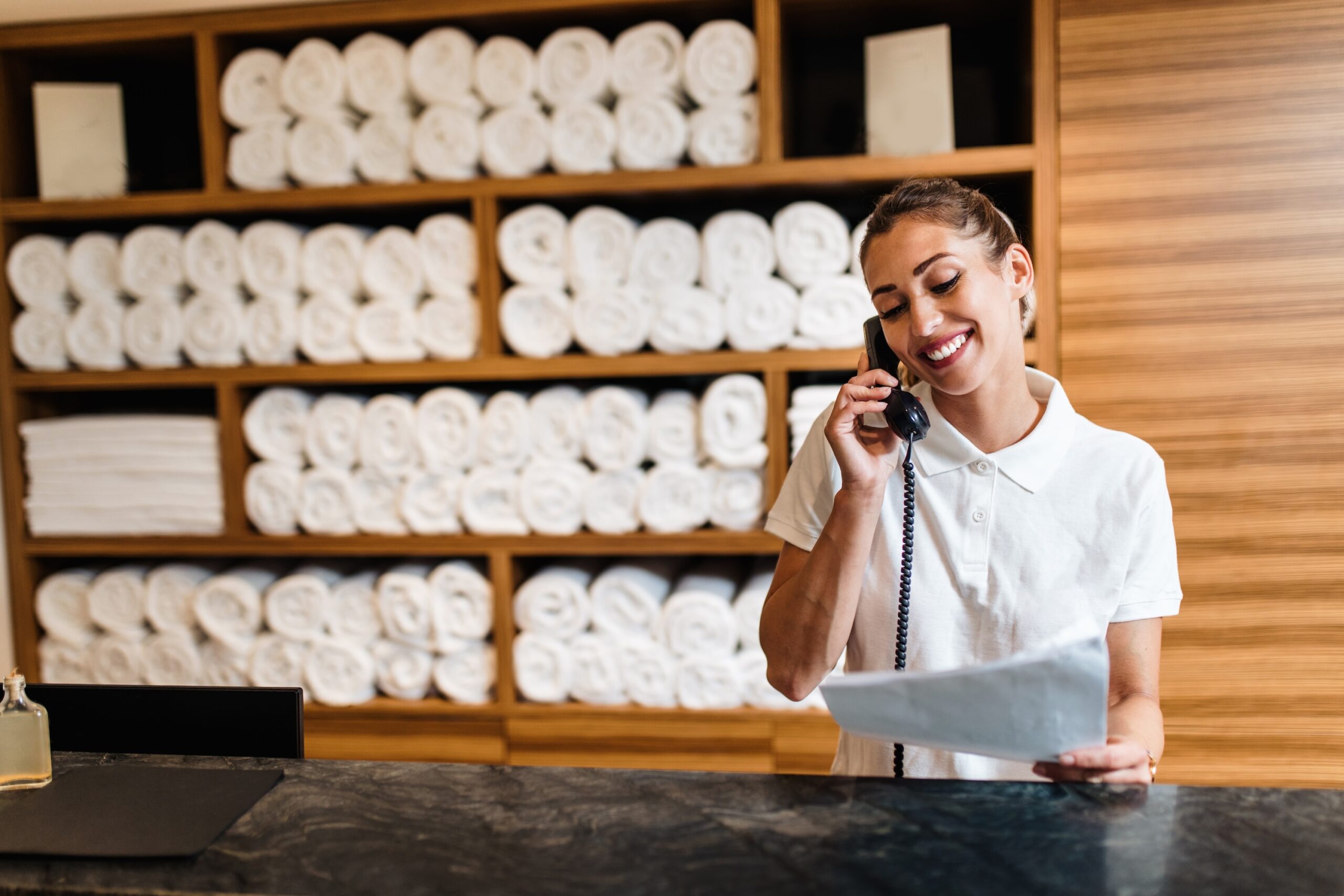Blogs

1Concier’s blog, Linen Solutions Insider, is an educational platform that shares Expertise, Insights, and Innovations in linen products for the Hospitality, Healthcare, and Commercial Laundry markets.
Most Recent
At 1Concier, our customers are the heart of everything we do. From independent and boutique
Providing guests with a comfortable and inviting sleep experience is one of the most critical
Transform your dining space with Riegel Table Linens for an elegant and inviting ambiance that
When it comes to premium table linens, Riegel tablecloths set the industry standard for quality,
Explore the advantages of trendy wholesale table linens for events. Save money and ensure a
For event planners, caterers, and hospitality professionals, bulk tablecloths offer an ideal balance of affordability,
Customer Success Stories
This case study highlights how The Lexington Hotel partnered with 1Concier to enhance its operations
This spotlight showcases how The Verb Hotel partnered with 1Concier to elevate its operations, enhance
At The Oasis at Death Valley, delivering luxury amidst a rugged environment requires more than
1Concier has provided The Marker with luxurious and durable linens, enhancing the guest experience with
Unlike other wholesale providers, 1Concier’s ability to consistently deliver high-quality linens at competitive prices made
Xanterra approached us to source their linens because they sought a range of quality products
Company Updates
At 1Concier, our customers are the heart of everything we do. From independent and boutique
In the hotel linen industry, ensuring quality, sustainability, and compliance is key for suppliers and
In celebration of Housekeeping Appreciation Week this week, we want to honor and thank our
1Concier has been a proud partner of Avendra as an approved supplier since 2007. 1Concier
1Concier is a leader in the hospitality, healthcare, and commercial laundry industries, committed to providing
1Concier has been formed from the merger of Riegel Linen, T-Y Group, and Harbor Linen.
Hospitality
At 1Concier, our customers are the heart of everything we do. From independent and boutique
Providing guests with a comfortable and inviting sleep experience is one of the most critical
Transform your dining space with Riegel Table Linens for an elegant and inviting ambiance that
When it comes to premium table linens, Riegel tablecloths set the industry standard for quality,
Explore the advantages of trendy wholesale table linens for events. Save money and ensure a
For event planners, caterers, and hospitality professionals, bulk tablecloths offer an ideal balance of affordability,
Healthcare
At 1Concier, our customers are the heart of everything we do. From independent and boutique
When it comes to premium table linens, Riegel tablecloths set the industry standard for quality,
Items such as pillows and duvets pose the biggest challenge in maintaining a sanitary bed.
In this article, we highlight curated products that will help your guests feel safe and
What is a proper par level for the hotel linens? We give you 3 reasons
Use these 5 factors to determine what table linens you purchase for your business.
Commercial Laundry
At 1Concier, our customers are the heart of everything we do. From independent and boutique
Providing guests with a comfortable and inviting sleep experience is one of the most critical
Transform your dining space with Riegel Table Linens for an elegant and inviting ambiance that
When it comes to premium table linens, Riegel tablecloths set the industry standard for quality,
Explore the advantages of trendy wholesale table linens for events. Save money and ensure a
For event planners, caterers, and hospitality professionals, bulk tablecloths offer an ideal balance of affordability,
Cruise Lines
At 1Concier, our customers are the heart of everything we do. From independent and boutique
Providing guests with a comfortable and inviting sleep experience is one of the most critical
When it comes to creating an exceptional dining experience, every detail matters—from the food and
Items such as pillows and duvets pose the biggest challenge in maintaining a sanitary bed.
In this article, we highlight curated products that will help your guests feel safe and
What is a proper par level for the hotel linens? We give you 3 reasons

